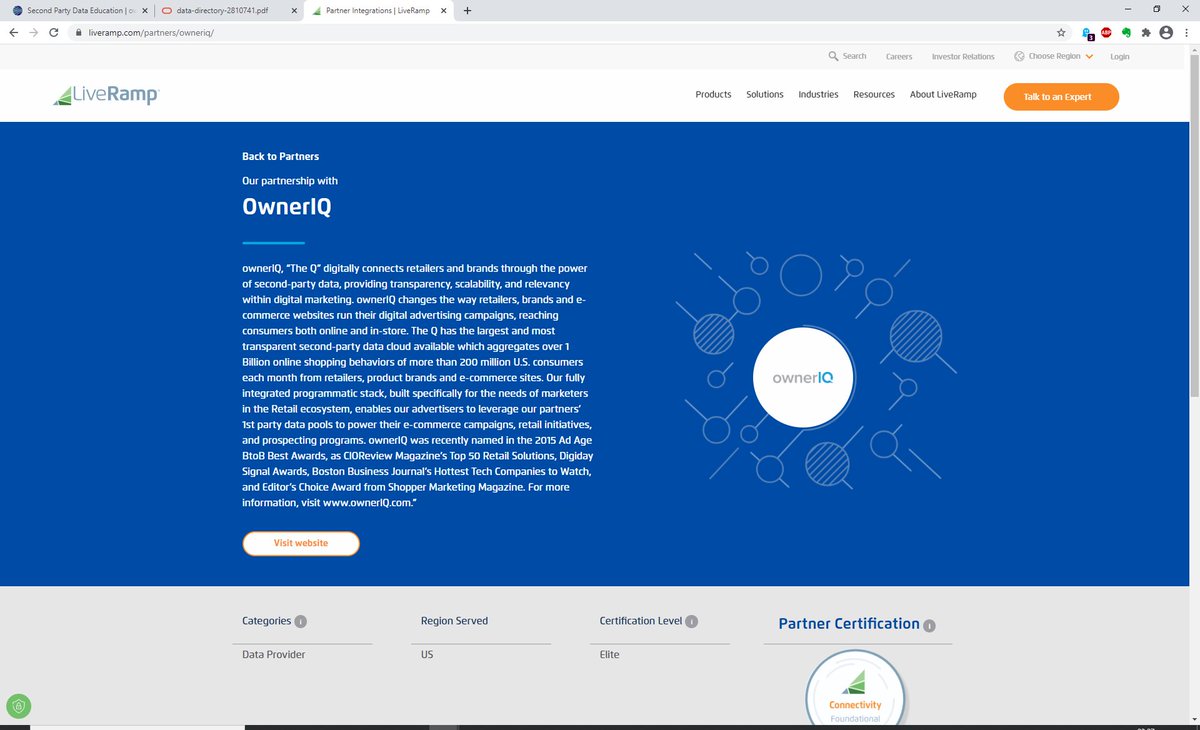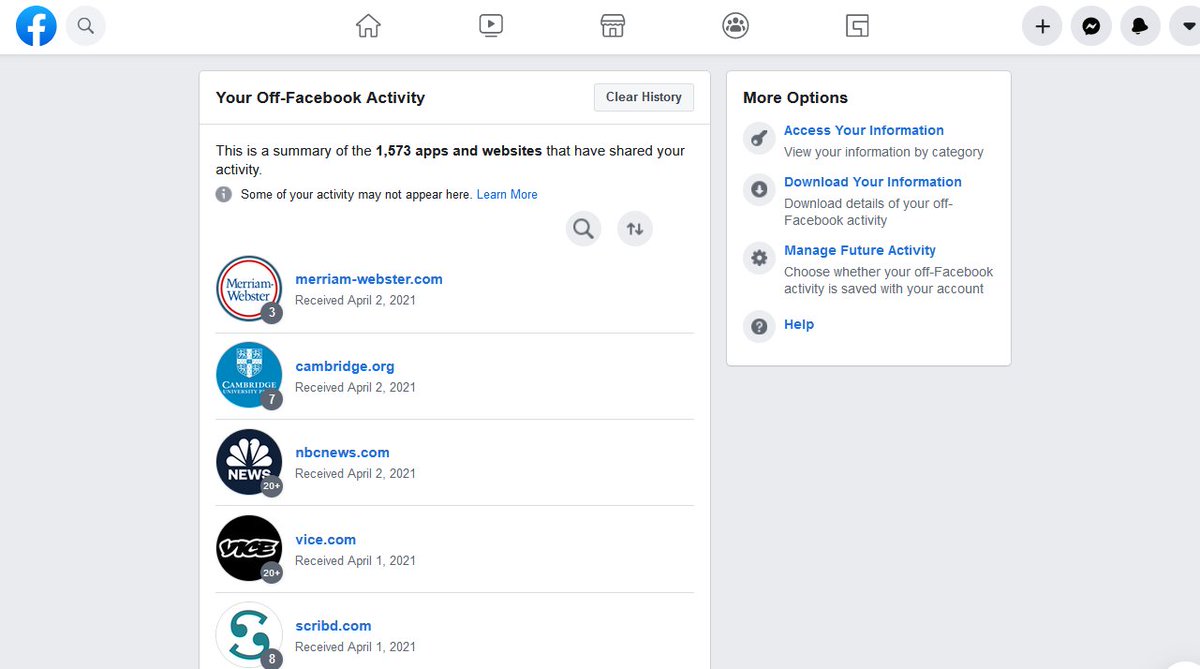
Lobbying spend by 25 companies registered as 'data brokers' in the US, including Oracle, RELX, Experian, Equifax, TransUnion, LiveRamp, Neustar, Venntel, Zeta Global, Aristotle, X-Mode.
By @alfredwkng and @tenuous: themarkup.org/privacy/2021/0…

By @alfredwkng and @tenuous: themarkup.org/privacy/2021/0…


"The Markup contacted all 25 companies for comment on their lobbying activities. Several companies, like ... LiveRamp denied being data brokers"
Ridiculous.
Ridiculous.
Why may Deloitte have registered as a data broker?
They calculate health risk scores based on data from clients & data brokers including financial data, purchases, music preferences, high school grades… 🤔
www2.deloitte.com/content/dam/De…
www2.deloitte.com/content/dam/De…
www2.deloitte.com/us/en/legal/pr…
They calculate health risk scores based on data from clients & data brokers including financial data, purchases, music preferences, high school grades… 🤔
www2.deloitte.com/content/dam/De…
www2.deloitte.com/content/dam/De…
www2.deloitte.com/us/en/legal/pr…

While I wrote about most of the companies mentioned extensively I rarely came across NCR, a huge POS and ATM tech provider formerly owned by AT&T, and Inmar Intelligence, focusing on POS fraud/returns, including for pharmacies.
Both seem to handle huge amounts of purchases data.
Both seem to handle huge amounts of purchases data.
Ok, now I got it.
Inmar = OwnerIQ
...a data broker which "aggregates over 1 Billion online shopping behaviors of more than 200 million U.S. consumers each month from retailers, product brands and e-commerce sites", and sells it e.g. via LiveRamp:
liveramp.com/partners/owner…
Inmar = OwnerIQ
...a data broker which "aggregates over 1 Billion online shopping behaviors of more than 200 million U.S. consumers each month from retailers, product brands and e-commerce sites", and sells it e.g. via LiveRamp:
liveramp.com/partners/owner…

A "data marketplace" used by "thousands of retailers and brands to access, share and or exchange shopping and purchasing data". They have "complete control over their participation' and can 'buy data, share data or do both. It is their choice"
(not the consumers' choice though)
(not the consumers' choice though)

• • •
Missing some Tweet in this thread? You can try to
force a refresh





